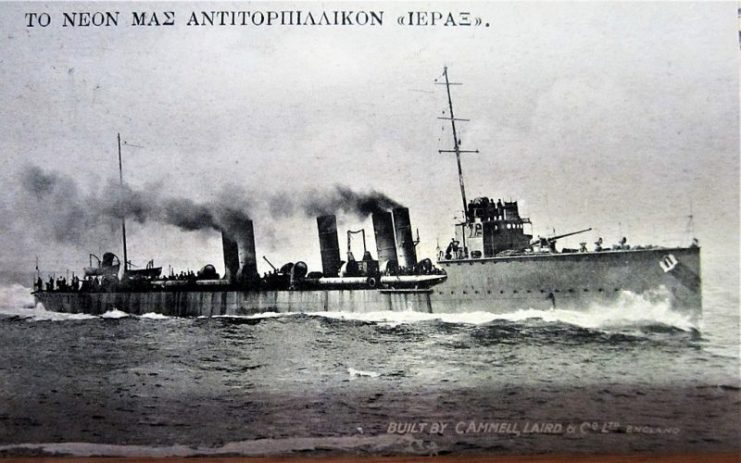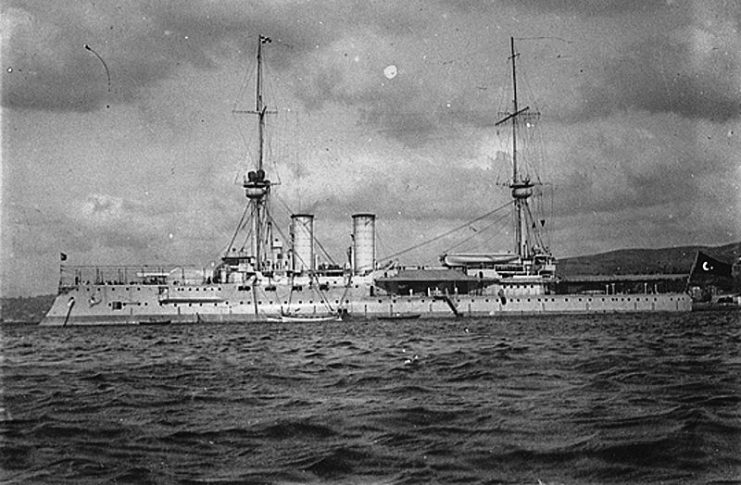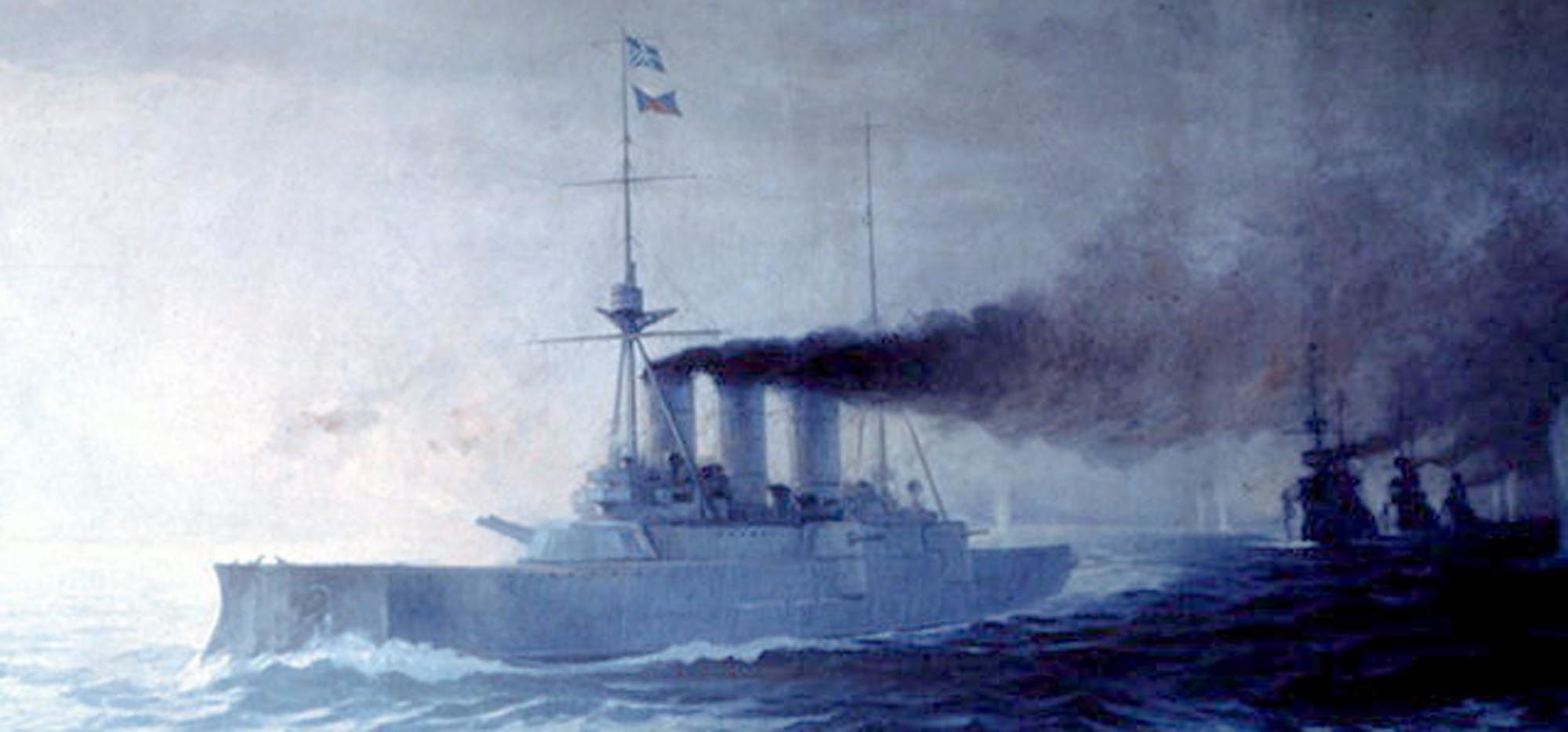By Billy Patramanis
The Battle of Elli is one of the most significant battles in modern Greece. The battle was during the famous Balkan Wars, which became the fall of the Ottoman Empire and the predecessor to the Great War.
The Battle of Elli became the largest battle at sea during the Balkan Wars, showcasing the great strength of the Greek navy. The battle also was used by countries in WWI to understand how to accurately win a battle at sea, using the Greeks tactic of speed.
The Battle of Elli, or the Battle of the Dardanelles, was fought at the mouth of the Dardanelles on the 16th of December 1912. The battle was fought between Greek and the Ottoman Empire naval fleets.

The Royal Hellenic Navy was led by Pavlos Kountouriotis. Kountouriotis was, at the time, on board the armoured cruiser ‘Averof’.
The battle was won through speed, a tactic Kountouriotis used after analysing his naval strengths and weaknesses. Kountouriotis saw the weakness in his three, older defence ships, ‘Hydra’, ‘Spetsai’ and ‘Psara’, they were too slow for battle and he became increasingly frustrated by this.
Therefore, Kountouriotis placed the letter Z above his ship as a flag signal, which meant ‘independent action’. After signalling independent action, Kountouriotis led the Averof on a forward sail at full speed to the Ottoman fleet. He travelled at 20 knots against the Ottoman fleet.
As he travelled at a superior speed to any ship the Ottoman had, Kountouriotis managed to cross the Ottomans main fleet, and gained a clear shot at the Ottomans flagship, ‘Barbaros Hayreddin’.

This was a significant path for the Greek navy, as gaining a clear fire at their main ship would result in a losing battle for the Ottomans. They therefore retreated, with the Greek naval ships continuing their onslaught of the Ottomans until the 26th of December 1912.
The Ottoman Empire lost a total of 18 lives during battle, a further 41 wounded.
The Battle of Elli resulted in the Ottoman Empire retreating further back, leaving the Aegean Sea and allowing Greece to liberate Lesbos, Chios, Lemnos and Samos.
It was also a significant battle that began the downward fall of the Ottoman Empire on land. As Greece now controlled the sea, the Ottomans ability to gain reinforcements through sea was impossible.
